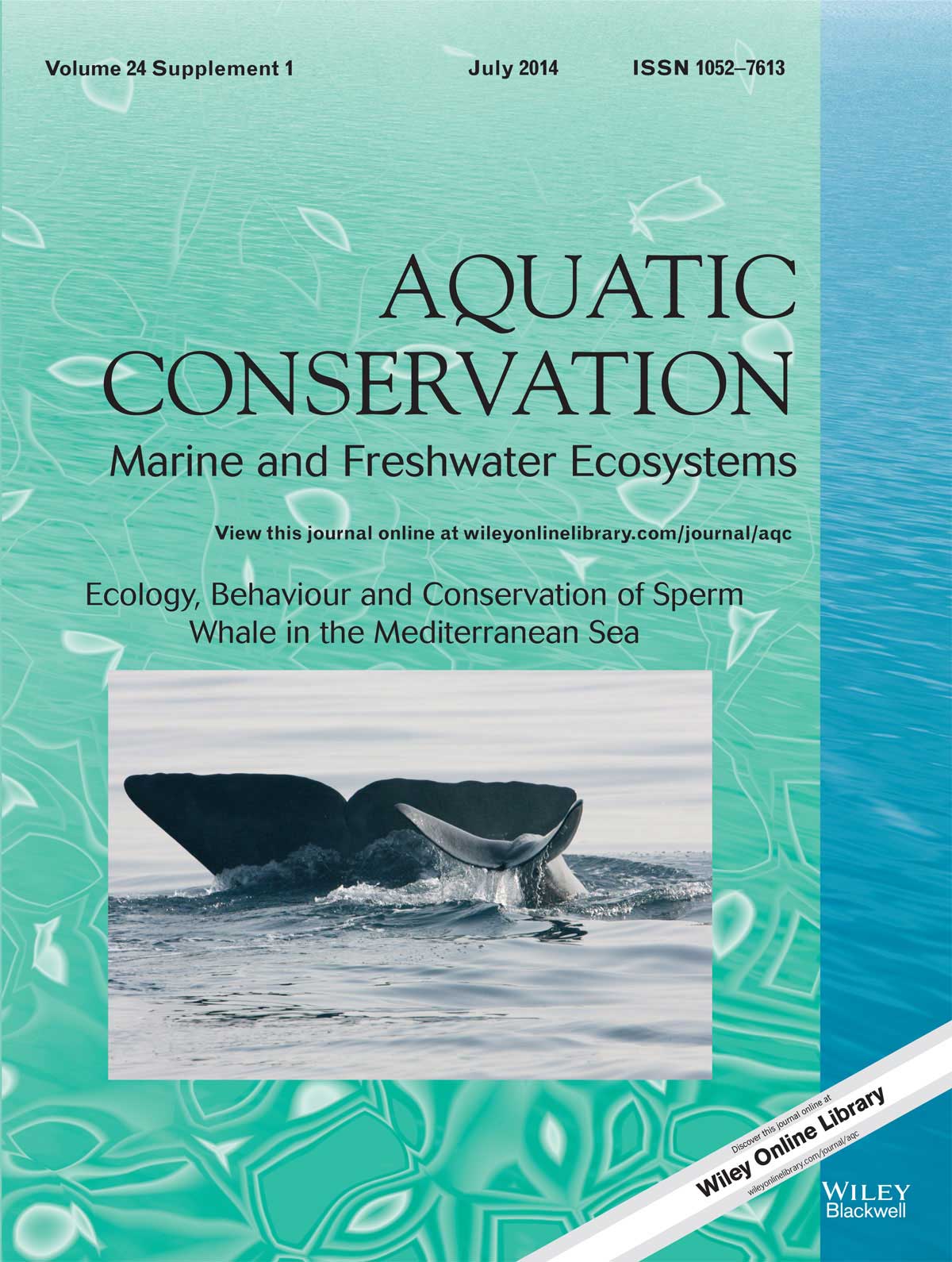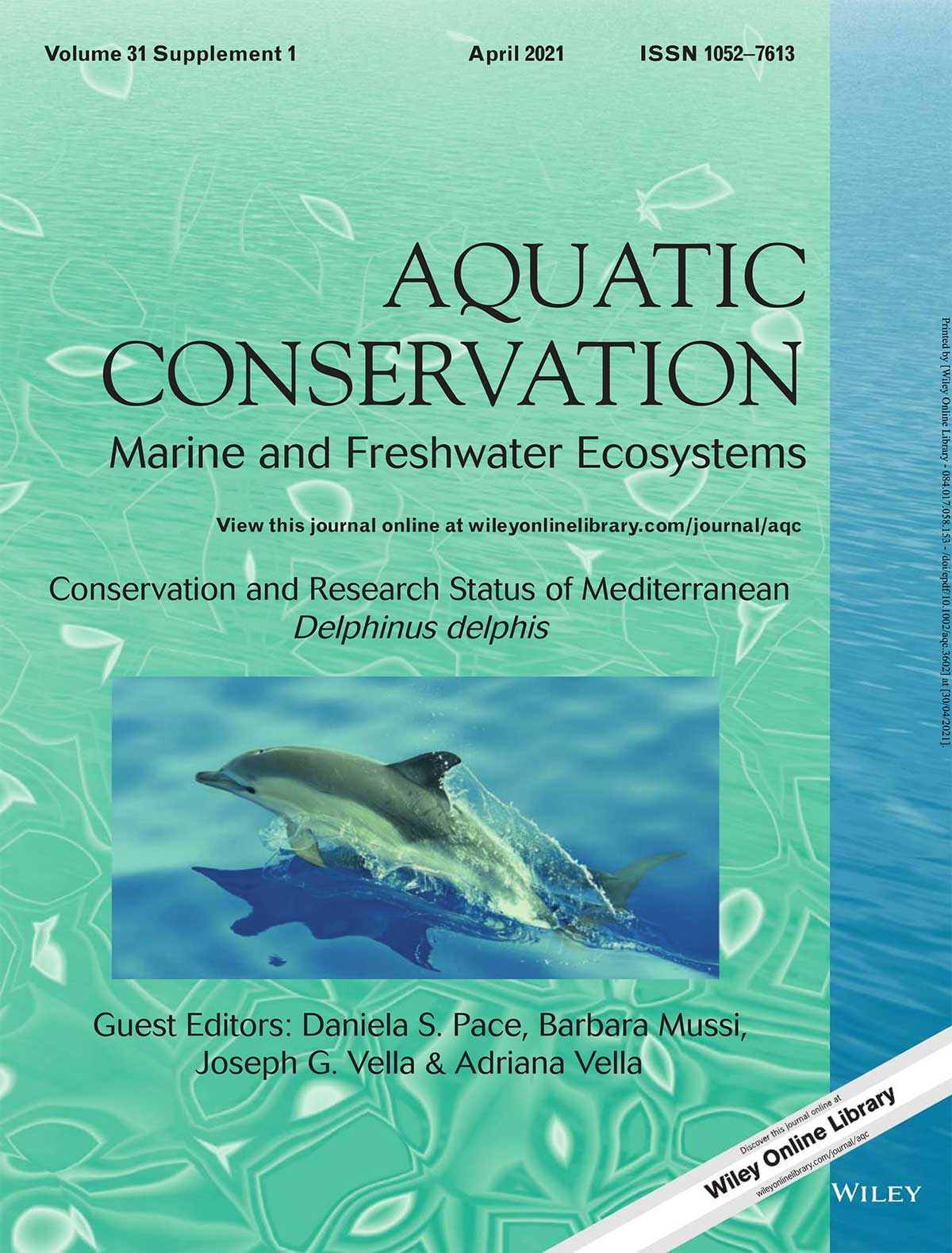International Workshops
To promote greater participation in international dialogue and exchange of knowledge on threatened species in the Mediterranean Sea, to integrate scientific and species conservation efforts at local, national, and international levels, Oceanomare Delphis Onlus organized two international workshops, the first one on sperm whales, the second one on common dolphins.
Ecology, Behaviour, and Conservation of the Sperm Whale in the Mediterranean
The sperm whale is one of the eight regular species of cetaceans in the Mediterranean sea. Some time ago, it was considered abundant in some parts of the basin, but today groups of sperm whales are rare.
There is no estimate of the Mediterranean population; however, the total number of individuals is likely around hundreds rather than thousands. There is no precise information on the movements and migrations of these animals in the basin. Knowledge about the reproductive behavior and ecology of sperm whales in the Mediterranean is fragmentary.
The Mediterranean subpopulation of sperm whales has been listed as endangered species following the criterion C2a (ii), which refers to “an estimated population size of below 2,500 mature individuals and also a continuous decline, observed, estimated or inferred in numbers of mature individuals in at least the 95% of adults in a subpopulation".

The lack of knowledge on the status of the population and ecology of the species, together with the alleged decline, requires remarkable efforts to share data and information on Mediterranean sperm whales to achieve a robust scientific base dedicated to the knowledge and conservation of the species.
The event was attended by experts from Italy, France, Spain, Greece, and the United Kingdom.
The proceedings of the workshop were published as a Special Issue of Aquatic Conservation: Marine and Freshwater Ecosystems
Conservation and research networking on common dolphin in the Mediterranean Sea

In the past, the common dolphin (Delphinus delphis) was well distributed throughout the Mediterranean basin and was considered the most abundant cetacean species. Currently, its abundance is in steep decline throughout the central and eastern Mediterranean, with the only considerable population remaining in the Alboran Sea.
This dramatic, remarkable drop in abundance during the last few decades raised conservation problems for the species; in 2003, the Mediterranean short-beaked common dolphin subpopulation was listed as endangered in the IUCN Red List of Threatened Animals.
The listing is based on criterion A2, which refers to a 50% decline in abundance over the last three generations, the causes of which “may not have ceased or may not be understood or may not be reversible.”
Updated information on its occurrence, distribution, habitat use, or social organization in the Mediterranean Sea remains unknown and relatively sparse, with little published data.
The proceedings of the workshop were published as Special Issue di Aquatic Conservation: Marine and Freshwater Ecosystems

